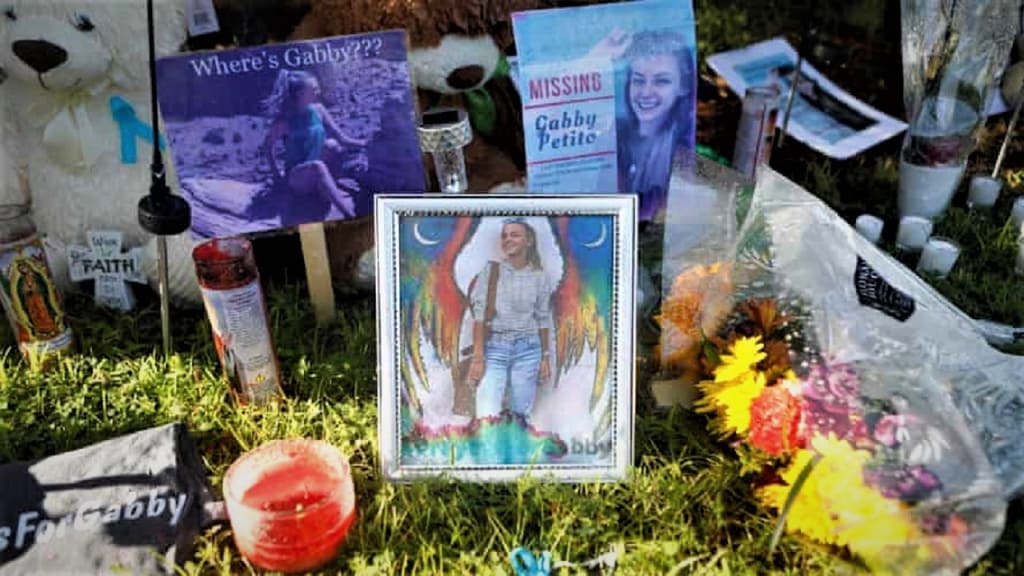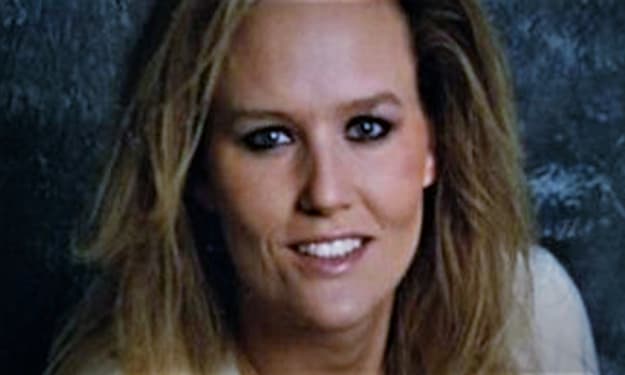Does ethnicity impact missing people cases and homicides?
What is the "missing white woman syndrome?”

During the past few weeks, social media blew up after a young woman named Gabby Petito, 22, vanished. Gabby and her fiancé Brian Laundrie left New York on July 2, 2021 to embark on a cross-country vacation in a van. The couple had known each other since high school. They covered their journey on social media. But things got strange after Laundrie arrived home without her.
Unfortunately, all hopes of finding the young woman alive were crushed when her body was recovered on September 19, 2021. As of this writing, Brian Laundrie, is missing. It’s unknown if he’s deceased or in hiding. Like everyone else in America, I followed the story. I read everything I could and watched several videos about the case.
Although I knew the odds of finding her alive were slim, I still hoped she would make it home. I have also read thousands of comments on social media about this case. Now I will address the elephant in the room. Countless people are asking why Gabby Petito received so much media attention after she vanished. I also saw comments from various people who still seek their missing loved ones.
They wanted to know why their missing loved ones never received any media attention. It’s a fair question. Here are a few comments I found on Facebook:
“I’m so sick of this news. So many people die like this and because they aren’t cute and “Petito” they are forgotten dead.”
And here’s an exchange between two people:
“Who is Gabby and why so much coverage?”
The response?
“Because she’s a cute, blonde, white girl. It’s really messed up how much coverage this is getting when people go missing every single day.”
These comments had me wondering if there was any truth to these comments.
If true, why do some missing persons cases get so much media exposure while other cases get nothing? Does a person’s ethnicity or social status come into play when someone either vanishes or gets murdered?
According to an article in Forbes (online June 28, 2020), there is some truth about ethnicity when it comes to missing people. The inequity is known as the “missing white woman syndrome.”
Unfortunately, it’s nothing new to minorities. Missing Black women often receive little to no coverage whenever they disappear or get murdered. We can say the same about missing and murdered Native Americans. The article also discussed how murdered Black women rarely get the same media attention as when a Caucasian woman is murdered. Need additional proof? Look no further than Jon Benet Ramsey, Elizabeth Smart, Madeleine McCann, or Natalee Holloway.
I am grateful to the media for covering the Gabby Petito disappearance. Social media tips and shares eventually led police to the missing girl. However, I cannot help but wonder what would happen if all missing persons cases or homicides received even a quarter of the publicity given to the Gabby Petito case. Another interesting question on social media was someone asking why all cases don’t get handled like Gabby Petito’s.
The simple response is that no two cases are alike. For instance, Gabby Petito had a large following on social media. She posted regular updates about her trip with her boyfriend. And when the boyfriend arrived home without Gabby, the public immediately suspected foul play.
You also have to consider the age and behavior of the missing person. It’s not unusual for a missing person to leave behind important clues. When a child disappears, it’s supposed to be taken seriously. However, when an adult vanishes, it’s usually assumed the person left on their own accord. This can delay an investigation.
There are various articles about how homicides and missing persons cases are handled based on ethnicity and social class. The “missing white woman syndrome” belief may be more realistic than we want to believe.
About the Creator
Marc Hoover
Marc Hoover is a Hooper award winning columnist for the Clermont Sun newspaper in Ohio. Contact him at [email protected]. Marc also has a podcast called Catch my Killer.






Comments
There are no comments for this story
Be the first to respond and start the conversation.